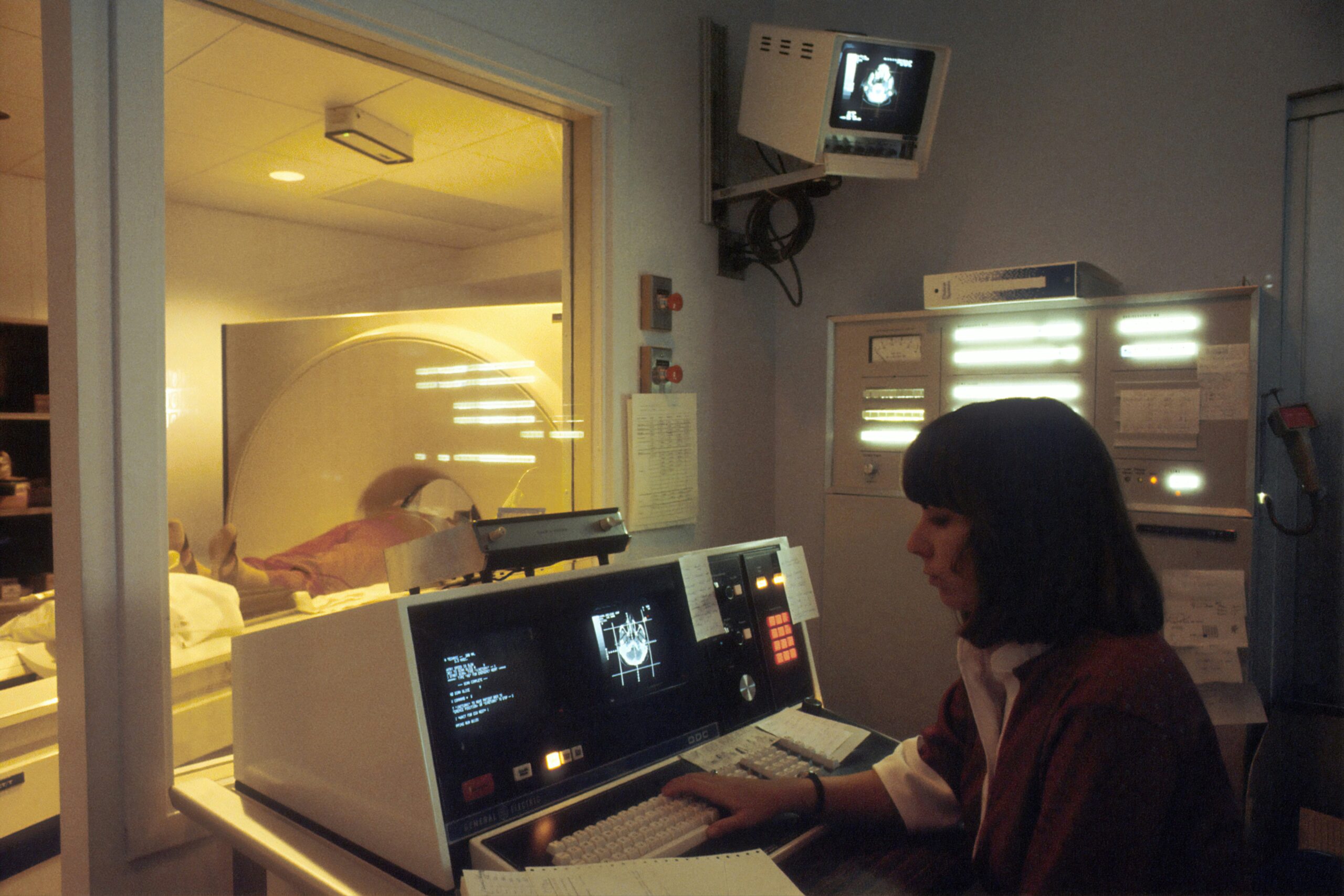
Adi Misra will never forget the day his mother was sent to prison. It was November 11, 2010, his tenth birthday, when Seema Misra, eight weeks pregnant, was sentenced to 15 months in prison at Guildford Crown Court for allegedly stealing £74,000 from her Post Office branch. “I came back from school and no one was there,” recalls Adi Misra, now 24. “After that, things just went sideways.”
Misra also remembers his father returning home covered in bruises, having been beaten and racially abused on the street after news of his wife’s conviction spread. Their family shop in West Byfleet, Surrey, was vandalized, and many of his close friends, likely influenced by their parents, broke contact with him.
The Impact on Families
The plight of hundreds of subpostmasters and subpostmistresses caught in the Post Office scandal remains shocking. Many developed depression, were bankrupted, and evicted. At least 13 were driven to suicide. Less well known, however, is the enormous toll it took on their children.
Last week, Sir Wyn Williams published the first volume of the Post Office inquiry’s final report, acknowledging the “very significant suffering” of family members after the failure of the Horizon IT system led to false accusations of theft. The report included 19 recommendations, one of which was the establishment of a compensation scheme for the children affected by the scandal, to be administered by the charity Lost Chances, set up in March for the children of wronged subpostmasters.
“We shared deeply painful stories and all we wanted was a simple donation, which all big companies can do these days,” says Katie Burrows, who runs the charity. “We have received nothing.”
Nigel Railton, the Post Office chairman, has previously made a “clear and unequivocal apology” to everyone affected by the scandal. A Fujitsu spokesman added, “We have apologized for, and deeply regret, our role in sub-postmasters’ suffering. We hope for a swift resolution that ensures a just outcome for the victims.”
The Children’s Perspective
Although many children of subpostmasters are relieved to have had their pain recognized, they are also still dealing with the damage the Post Office inflicted on their vital early years. “You can’t turn back time,” says Adi Misra. “The damage has been done.”
A Target on Their Backs
Although Adi’s parents didn’t tell him the full story until he was 18, the shadow of the scandal blighted his childhood. “I lost all my mates,” he recalls. “I moved cricket clubs every season because it got a bit weird. I moved school in the end. Every time it was because people found out I’m the son of Seema Misra.”
Millie Castleton, the daughter of Lee Castleton, a prominent campaigner for the subpostmasters, also experienced bullying at school. In 2007, the Post Office ordered her father to pay back £23,000 and took him to court in the only civil claim the Post Office brought against a subpostmaster. When he lost, he was ordered to pay the Post Office’s £321,000 legal fees.
“Kids on the school bus would shout at me: ‘Didn’t your dad steal a load of money?’ It paints a target on your back,” she says. “Kids are kids, they repeat what their parents say … it’s just a bit difficult to think about, really.”
Lasting Effects
To this day, Millie has anxieties about money. She lives at home with her parents and their cocker spaniels, Sully and Miss Martha. As a teenager, she saved money from her café job in a box under her bed, frightened to spend it. “I was just so afraid that I might need it one day,” she says.
Money anxiety manifested itself in another way for Adi Misra. He describes the family as “well off” when he was younger, with properties and trips to the cinema. Suddenly, birthday parties stopped—there were no friends to invite, anyway. He started working young and always wanted a job at a bank because it paid the highest salary, so he could help his parents out.
“I don’t keep any of my salary,” he says. “All of my money goes to my parents—every single penny.”
Family Fractures and Reconciliation
In many ways, the Misras were lucky: their family held together. Other families have been irrevocably broken by the Post Office scandal. Tim Dennis recalls how his parents started arguing after they bought their Post Office in 1998 in Minehead, Somerset, when he was 16 and his sister, 18.
His father, Anthony, was a subpostmaster, while his mother, a solicitor, ran the shop. After Horizon was installed and began causing confusion, Dennis, now 43, says his parents would stay awake until the early hours, arguing more and more intensely as they tried to grasp the inexplicable accounting anomalies.
“The continuing losses affected both of my parents’ confidence, and their relationship became more strained,” he says.
In June 2001, his mother ended the marriage of 24 years. “I came home one night and Mum had just gone,” says Dennis. Auditors came to the branch in May 2002, by which stage there was no more money left. His father was declared bankrupt.
Alone and cut off from his family, on Christmas Eve in 2005, Anthony tried to take his own life. He was told by the paramedics that if they had arrived two minutes later, he would have died.
Dennis had almost no contact with his father for 20 years but in the past five years, as more and more news of the Horizon scandal surfaced, father and son have forged a new relationship. They have breakfast together in Plymouth every Monday.
His parents are still estranged, though, and Dennis places the blame squarely at the foot of the Post Office.
“If it weren’t for the Horizon malfunctions, I’m certain my parents would still be together. We’d still have Christmases together, birthdays. If it wasn’t for the Post Office, we would still be a family.”







